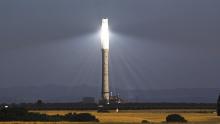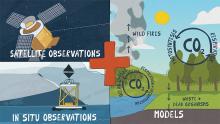Shattering the glass ceiling in marine science

Ocean research is a traditionally male-dominated field but the EU-funded project Baltic Gender has been inspiring change by helping scientists in five Baltic countries to better understand how a more gender-equal institute can benefit their work.









